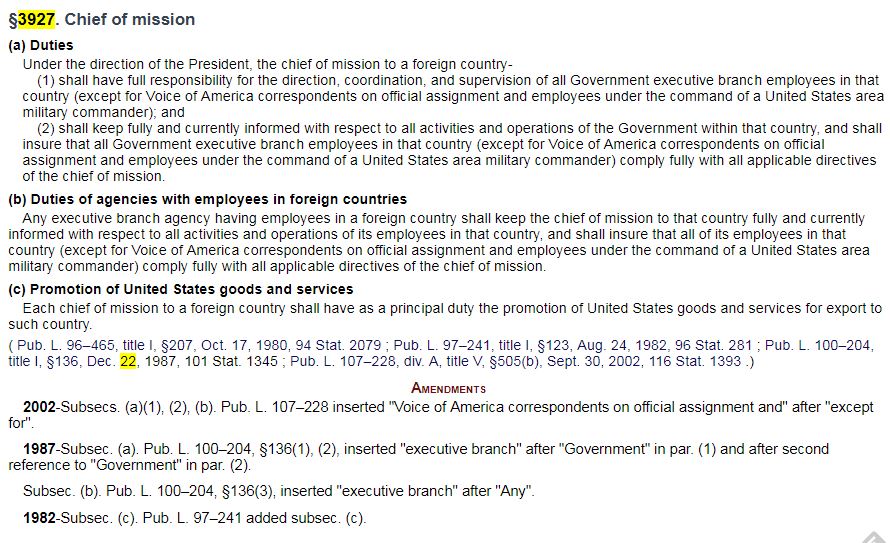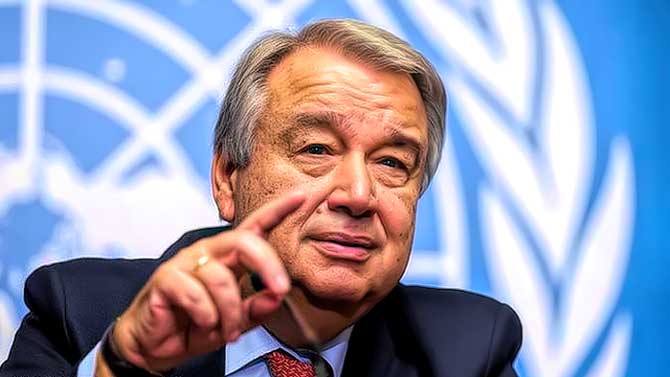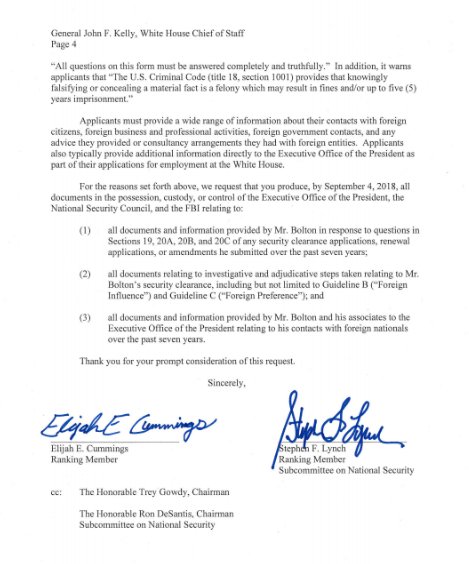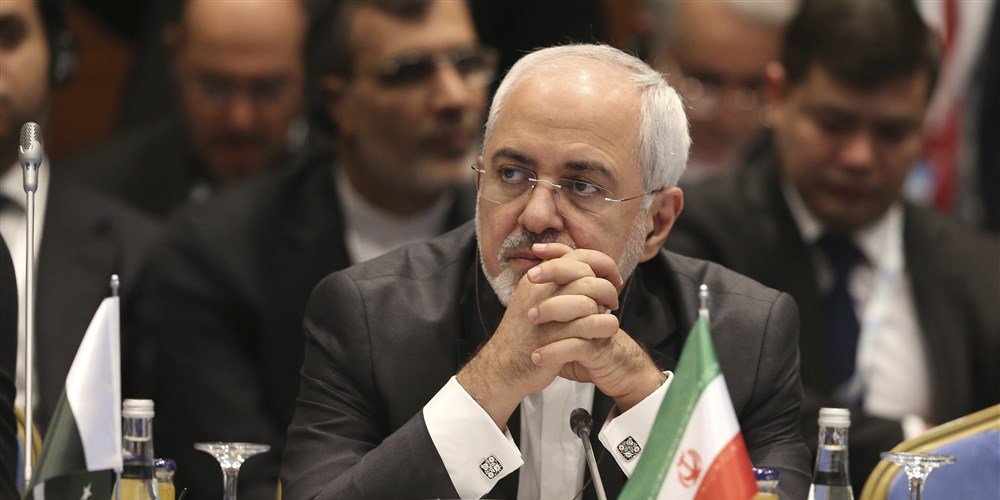Here are some expanded thoughts that I wasn't able to get into on-air...
He has targeted the ICC for years, and his remarks closely crib a @WSJ op-ed he wrote before entering government—right down to the weird "dead to us" rhetoric.
wsj.com/articles/the-h…
chicagounbound.uchicago.edu/cgi/viewconten…
But neither investigation is clearly at the sort of inflection point that one would normally expect to motivate such a response...
icc-cpi.int/afghanistan
icc-cpi.int/palestine
But, more likely, it's simply a the confluence of the opportunity provided by @FedSoc, Bolton's own policy agenda, the Trump administration's Israel/Palestine policies, and play-to-the-base politics.
It can't. The former only exists at the end of Bolton's parade of horribles. The latter is closer to the truth.
This would be hard now, but was a genuine possibility when Bolton first advanced such policies in the early 2000s.
His opposition, in other words, is categorical and on principle, not based on any assessment of the ICC's actual characteristics or performance.
Despite its opposition to joining the ICC, the GWB administration ended up engaging with it over Darfur and other issues. The Obama administration continued and increased these efforts.
But it's not clear how much this will actually impact the ICC operationally.
If pursued, they could lead the ICC to limit reliance on such staffers, or otherwise increase the U.S.-ICC gap.
And there are reasons to think the latter are more bark than bite, at least without substantial congressional support and diplomatic efforts that seem unlikely.
But it's not clear how the Trump administration could possibly criminally prosecute anyone.
Frankly, neither seems likely on its own. And the Trump administration seems too short on political capital to push hard for the former.
Plus, openly seeking impunity could well undermine support for U.S. military presences in certain areas (e.g., Afghanistan).
icc-cpi.int/Pages/item.asp…
Quiet diplomacy has been effective at avoiding a major run in with the ICC so far. No reason to think it couldn't here.
If anything, this makes it harder for the ICC to do.
From his perspective, this situation is likely win-win: either weaken the ICC as an institution or push it further away from the United States.
The Trump administration considered the move last year, but walked it back amidst the post-Embassy Jerusalem fallout, which has perhaps permanently damaged U.S.-Palestinian relations.
washingtonpost.com/world/national…












